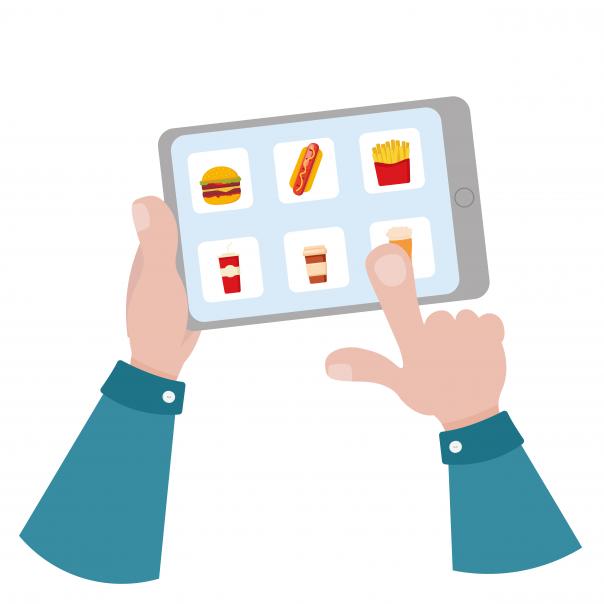
Cashless payments reduce the time it takes to handle cash, which saves money and frees up resources to be used in other ways. Many systems will automatically generate emails, texts and letters to remind the parents of schoolchildren, for instance, when balances are due, reducing the task of chasing parents for money.
For the parents, cashless payments give them the peace of mind that money is being spent in the way it is intended – on a school dinner, for example, rather than a visit to shop at lunchtime or after school. There is also a safety element involved, as cash carried in person can provoke theft.
In the dining hall, a cashless system can potentially prevent discrimination; paying by cash makes it very obvious which children are eligible for free school meals (FSM), but if all meals are paid for the same way, then this is no longer the case.
In this way it can also be used to help encourage better eating habits by reducing the amount of money pupils spend on their way to school on unhealthy food and drink.
By allowing parents to pay for meals online pupils come to school with less money in their pockets, meaning it was spent more responsibly.
This can result in an increase in canteen takings and healthier choices for pupils and cost savings for schools because of the reduced administration time that is needed.
Ordering technology, meanwhile, allows flexibility in hospital settings in particular, where patients may be moved at short notice or having treatment at mealtimes.
It allows catering teams to take meal numbers and specific orders late in the production process to help ensure patients get the meal they want and ordered. It also reduces the chances of a meal being rejected or uneaten, which helps Trusts in their efforts to cut food waste.
Many hospitals around the UK are introducing digital menus as part of moves to comply with new Hospital Food Standards.
The move is also being driven by findings that state a digital meal ordering system allows for ‘safe ordering and mapping of patients’ care plans.
It also helps the menu offers to be tailored to dietary needs, reduces time between ordering and meal service, and sees a reduction in plate waste.
The idea is that a solution such as this gives the patient more control over their diet while simultaneously making nutrition become an integral part of the care received while in hospital.
The benefits of technology are potentially great for a relatively small investment, with hardware such as tablets capable of being used for digital food services as well as electronic patient records.
The seven key benefits of electronic meal ordering systems can be summarised as:
• Increased Flexibility
• Faster Speed
• Better Choice
• Reduced Waste
• Improved Health
• Reduced Cost
• Enhanced Patient Satisfaction